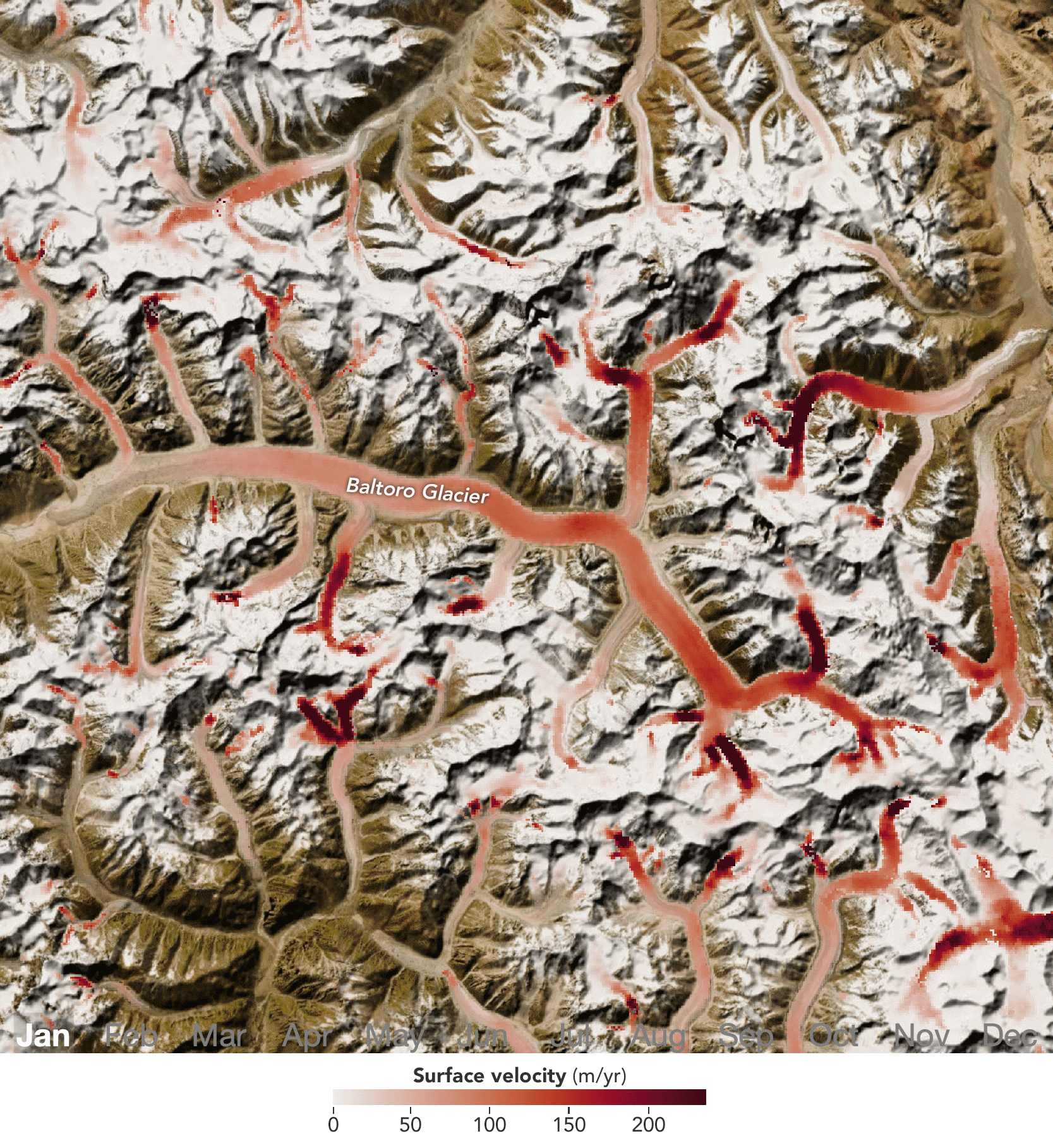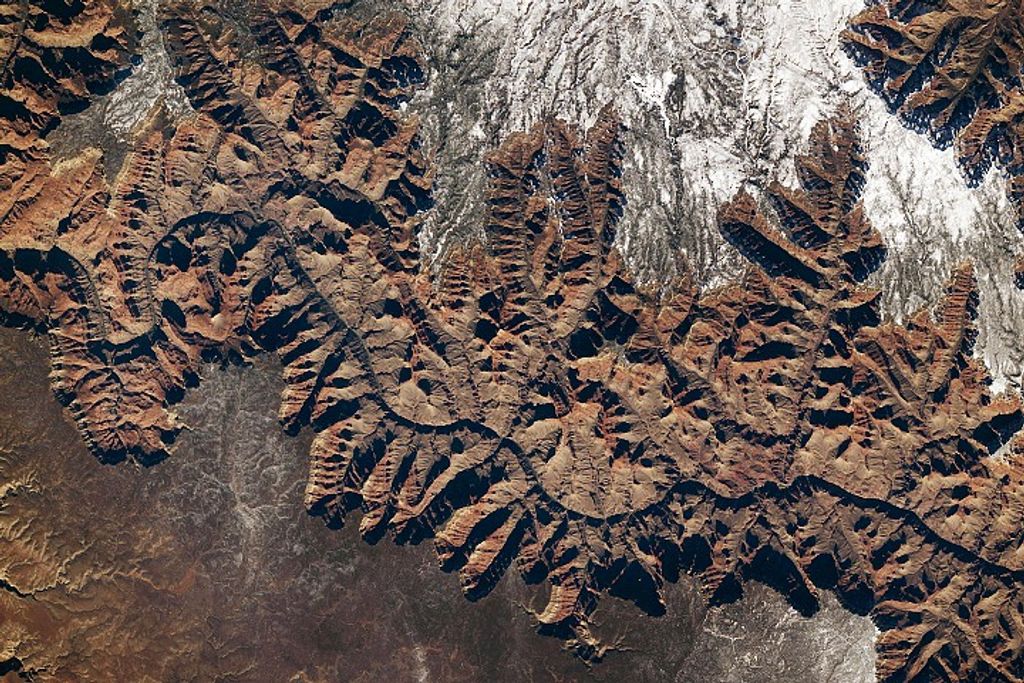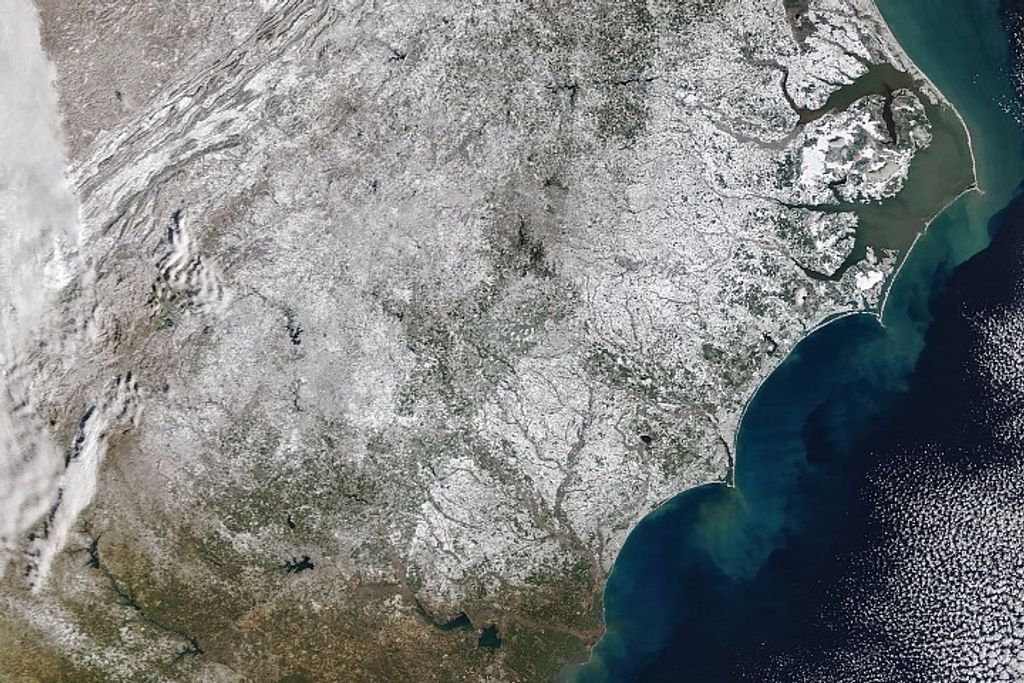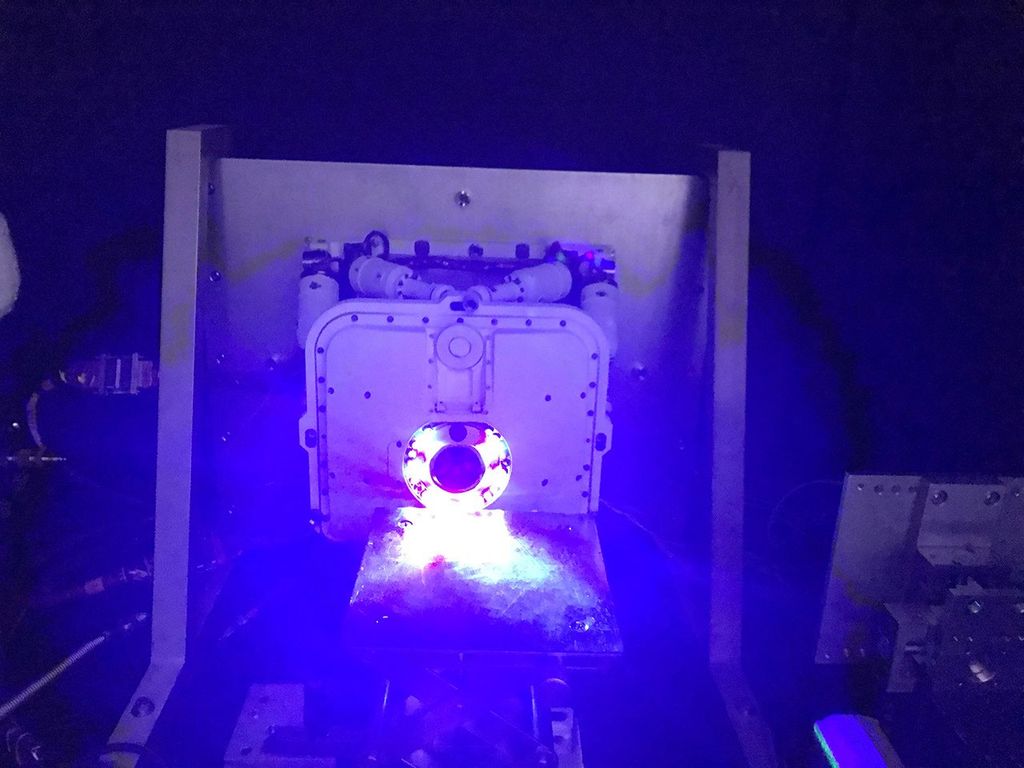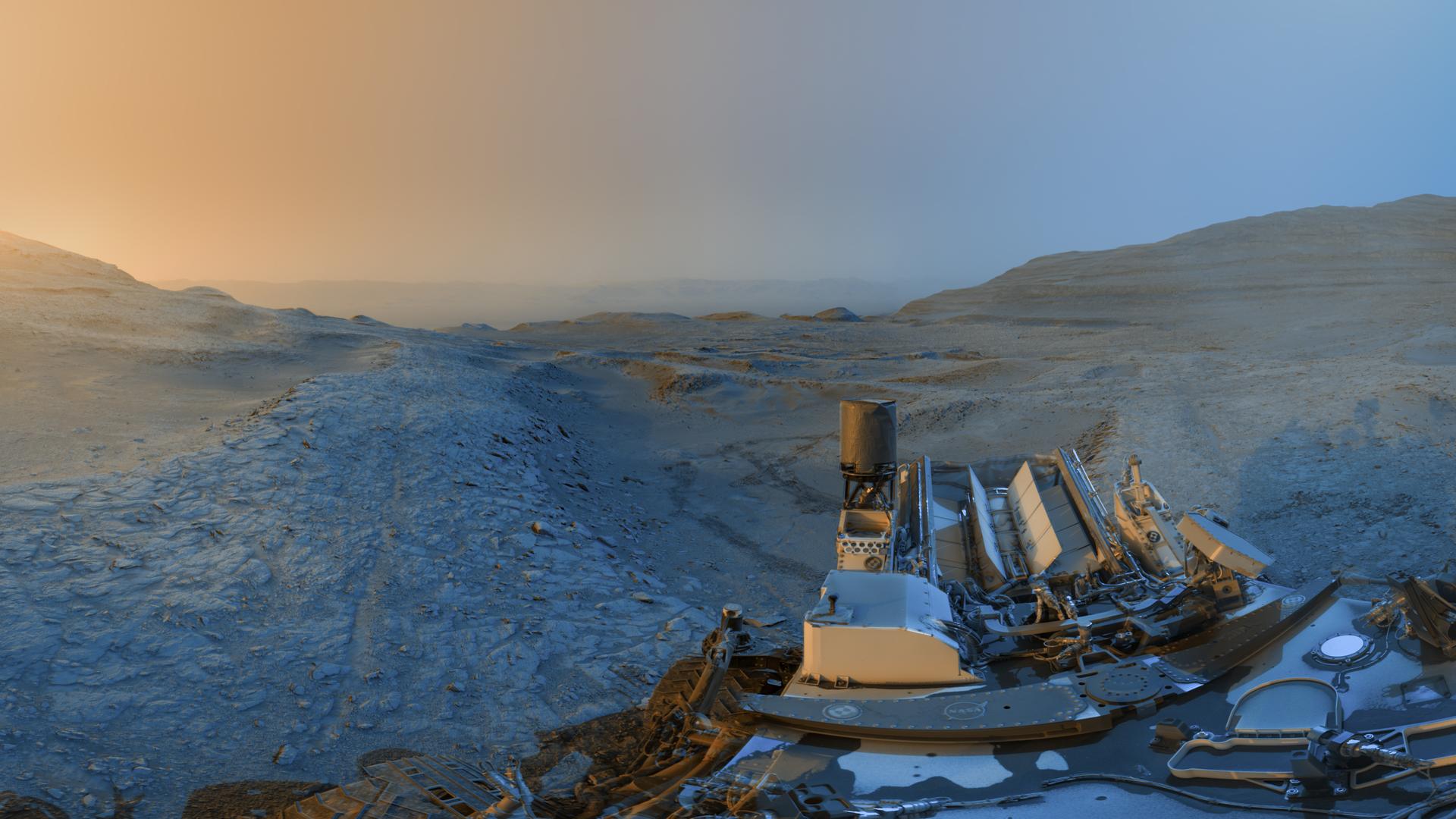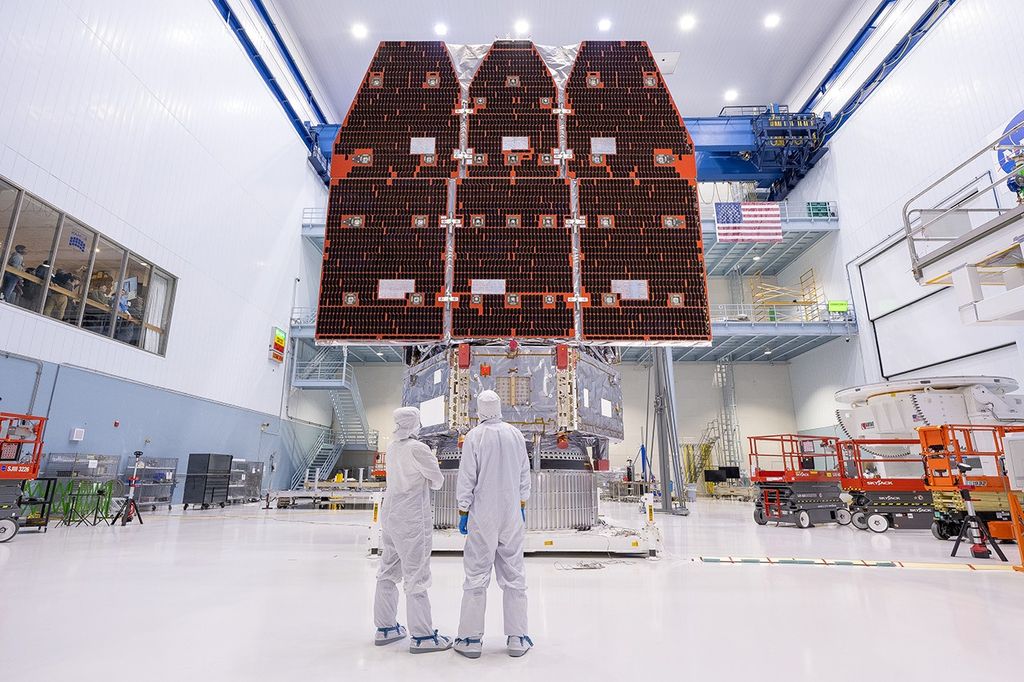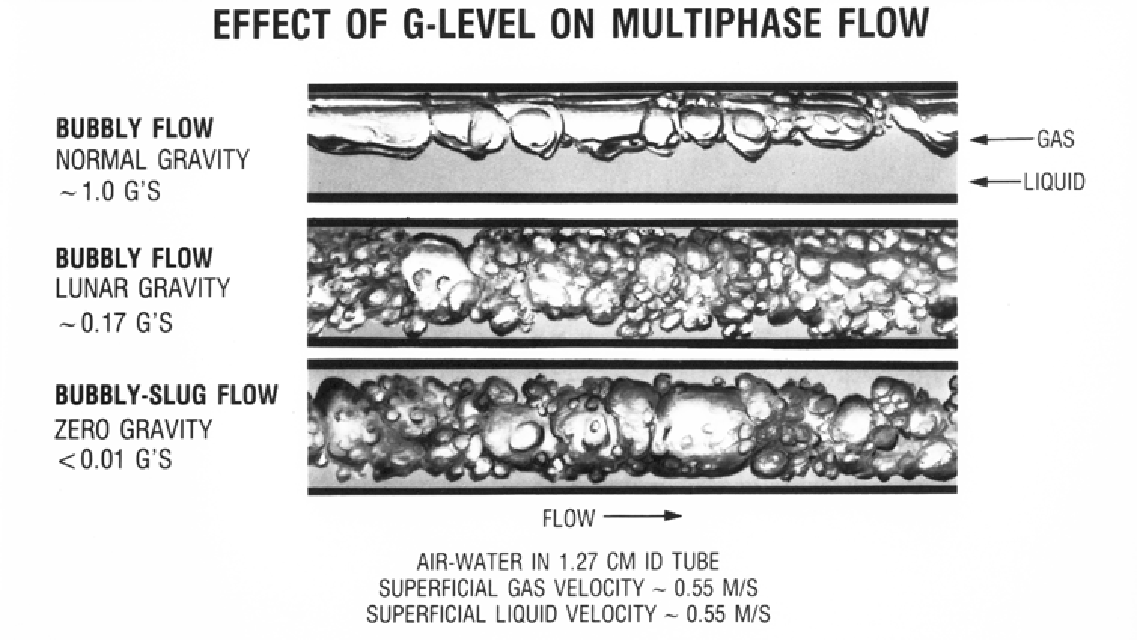NASA’s Physical Sciences Research Program has selected six ground-based proposals in response to the Physical Science Informatics System call for proposals. This program element is part of Science Mission Directorate (SMD) Research Opportunities in Space and Earth Sciences - 2022 (ROSES-2022) solicitation. These six research projects, involving recognized experts in the fields of biophysics, combustion science, complex fluids, fluid physics, and materials science, will use data contained in the PSI system and build on prior reduced-gravity research to advance fundamental research in the physical sciences.
Researchers will investigate important problems with existing data from NASA’s Physical Sciences Informatics (PSI) system. The online database contains data from completed physical science reduced-gravity flight experiments conducted on the International Space Station, Space Shuttle flights, free flying spacecraft, commercial cargo flights to and from the space station, or from related ground-based studies.
One of the selected studies will try to bridge the knowledge gap on how fires behave and how materials burn in partial gravity environments. The proposed work would leverage material flammability data in microgravity and normal gravity to predict burning behaviors and flammability boundaries of solid materials in partial gravity. As NASA and commercial space companies expand their exploration into deeper space, spacecraft fire safety has become more important. This project is led by Prof. Ya-Ting Liao (Case Western Reserve University).
Another selected investigation proposes a numerical simulation to model multiphase flow using data from Capillary Channel Flow – Phase Separation – Experiment Unit. Multiphase flow and heat transfer in confined geometries are important but challenging to simulate. This study proposes a multi-scale computational model that will enable efficient and accurate simulations of such flows in microgravity. Multiphase flows are critical for the design and operation of fluid and thermal systems in spacecraft; and this effort will help establish a multi-scale simulation infrastructure, which will enable simulation of thermal management systems in microgravity environments. The proposed simulation results will help inspire new experiments in the future. The project is led by Prof. Yue Ling (University of South Carolina).
The selected proposals are from six institutions in six states, with the total combined award amount of approximately $1.12 M during a two-year period.
The Physical Sciences Research Program is managed by the Biological and Physical Sciences Division in NASA's Science Mission Directorate. This program conducts fundamental and applied physical sciences research, with the objective of pioneering scientific discovery, enabling space exploration, and providing benefits on Earth. Both types of research have led to improved space systems or new products on Earth. The program furthers fundamental research by investigating the laws of the universe and physical phenomena in the absence of gravity. The program also conducts applied research, which contributes to the basic understanding of underlying space exploration technologies that will further our return to the Moon and our journey to Mars and beyond.
Below is the complete list of the selected proposals, principal investigators, and their organizations:
- Jeffrey Allen, Michigan Technological University, “Reduced-order modeling of interfacial dynamics to enable large-scale, mission-length simulations of low-gravity propellant management using CVB PSI data”
- Eric Furst, University of Delaware, “Self-assembled microstructure growth in directing fields”
- Ya-Ting Liao, Case Western Reserve University, “Predicting Material Flammability in Partial Gravity using Microgravity and Ground Data”
- Yue Ling, University of South Carolina, “Multi-scale simulations of two-phase flows and heat transfer in confined geometries using embedded thin-film models”
- Douglas Matson, Tufts College, “PSI Revisiting EML Video Images from EML Work (PREVIEW)”
- Peter Vekilov, University of Houston, “Solution convection and the nucleation precursors in protein condensation”

